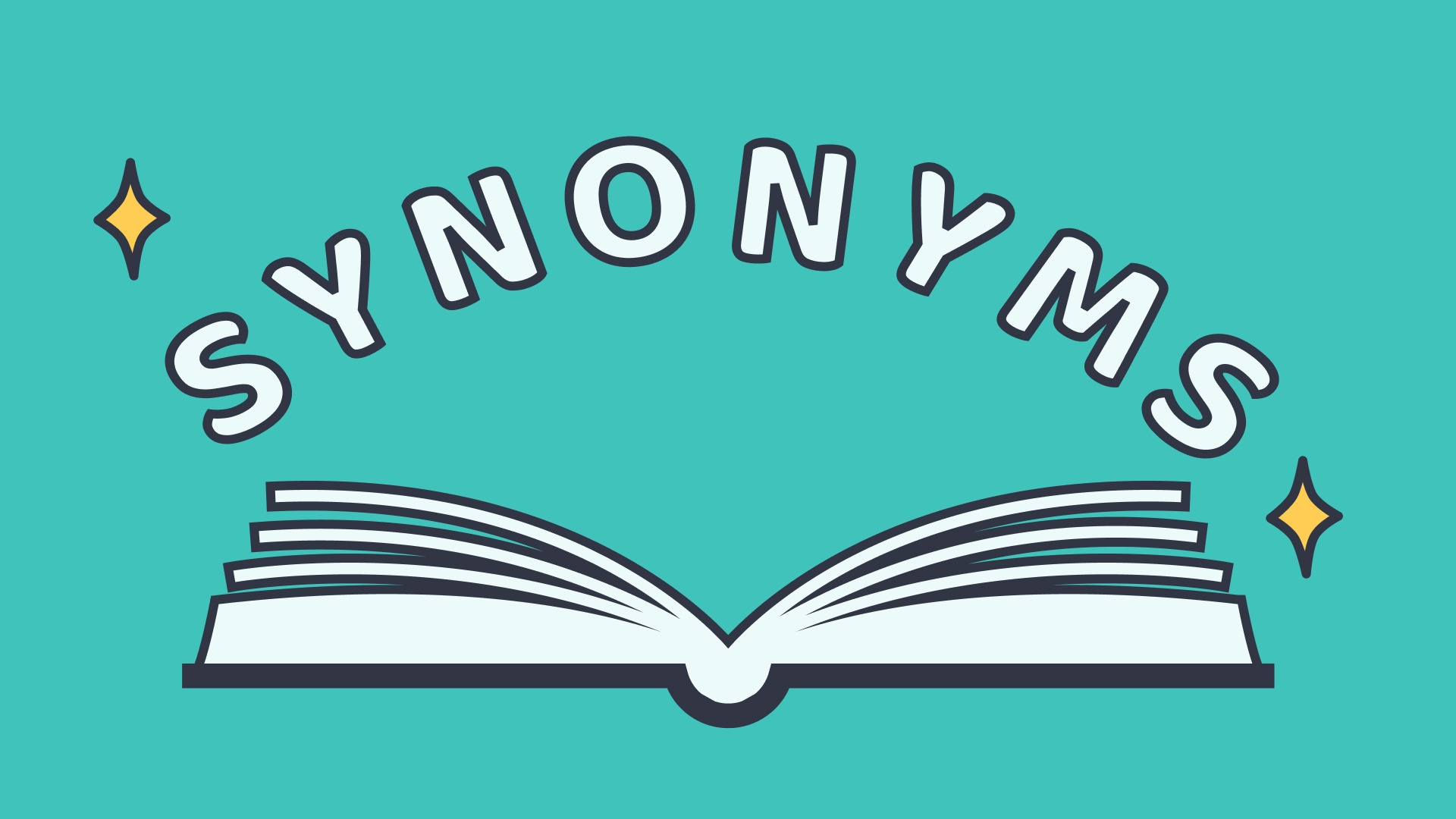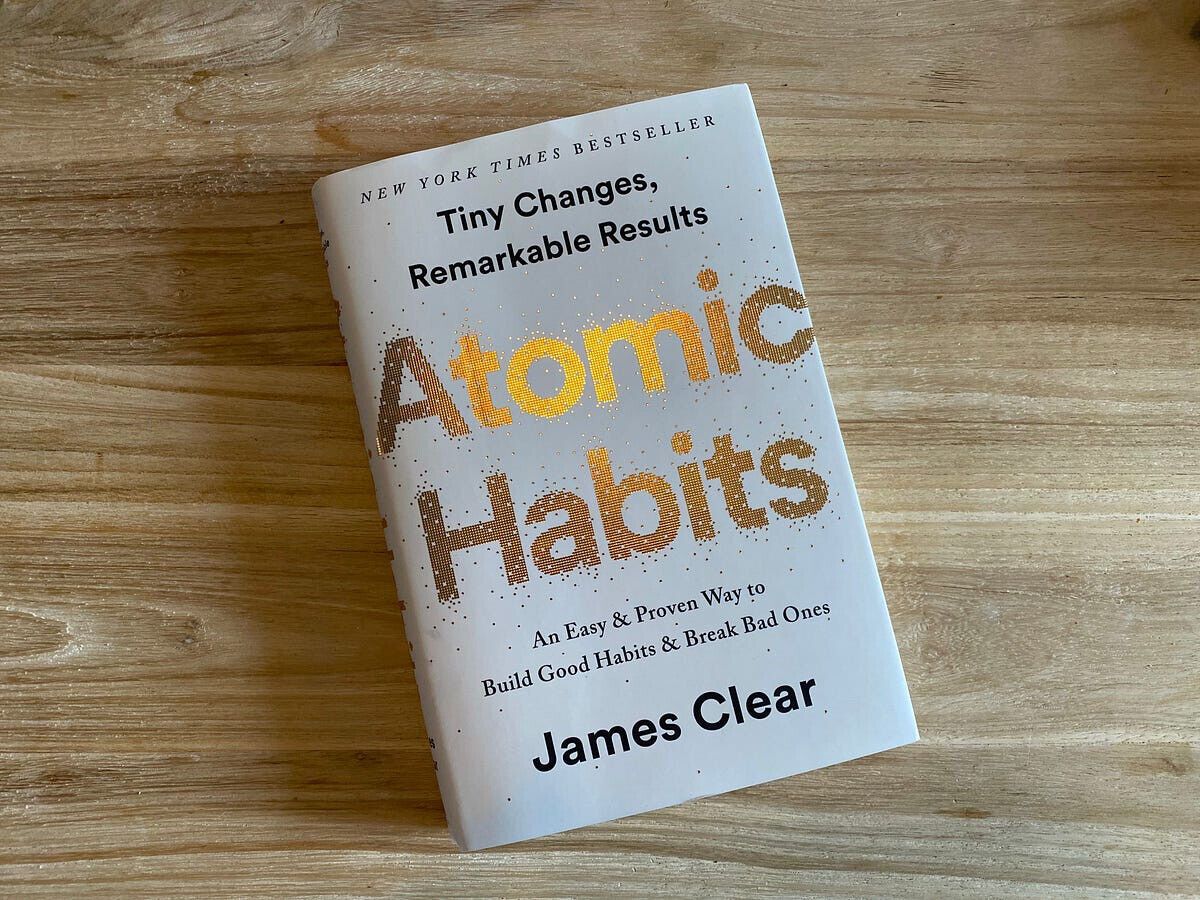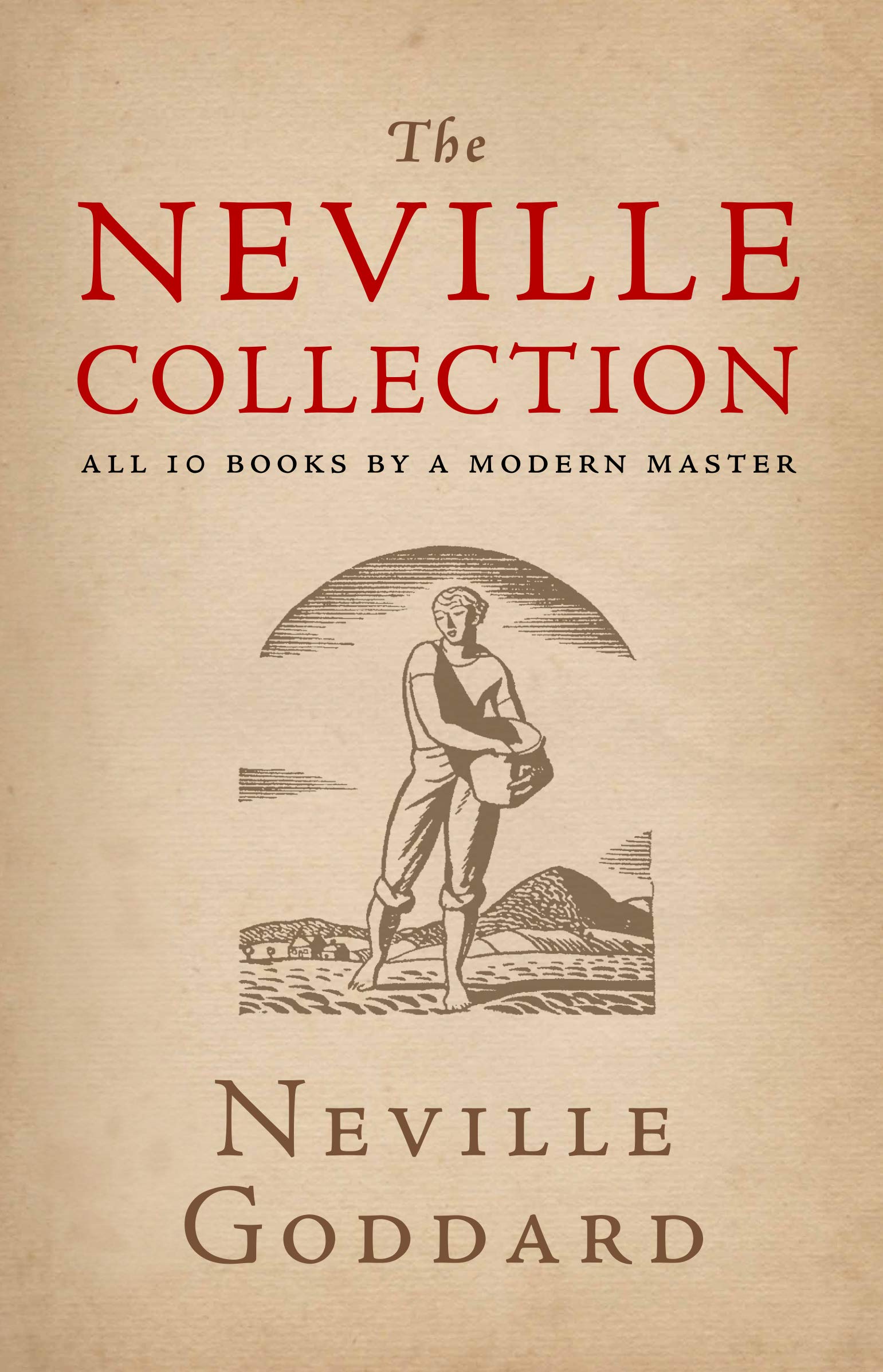When you need a new word to replace “things,” you might be surprised to find there are many “things synonym” options that work perfectly in different situations. Using a variety of words not only makes your writing sound better but also helps your readers understand your ideas more clearly. A “things synonym” can help you avoid repetition and make your sentences more interesting.
So, if you often find yourself using the word “things” in your sentences, it’s time to explore some helpful synonyms! In this blog post, we’ll go over the best synonyms for “things” and explain how you can use them to improve your writing. Whether you’re writing an essay, a story, or just everyday notes, learning new synonyms is a simple way to sound smarter and more polished.
Why You Should Use a “things synonym” in Your Writing
If you always use the word “things,” your writing might sound repetitive and dull. That’s why learning some “things synonym” can make a huge difference. It can help your writing feel fresh and exciting. By using other words, you can also make your ideas clearer. For example, instead of saying “I have a lot of things to do,” you could say, “I have many tasks to complete.” This sounds more precise and professional.
Popular “things synonym”: Words You Can Use Every Day
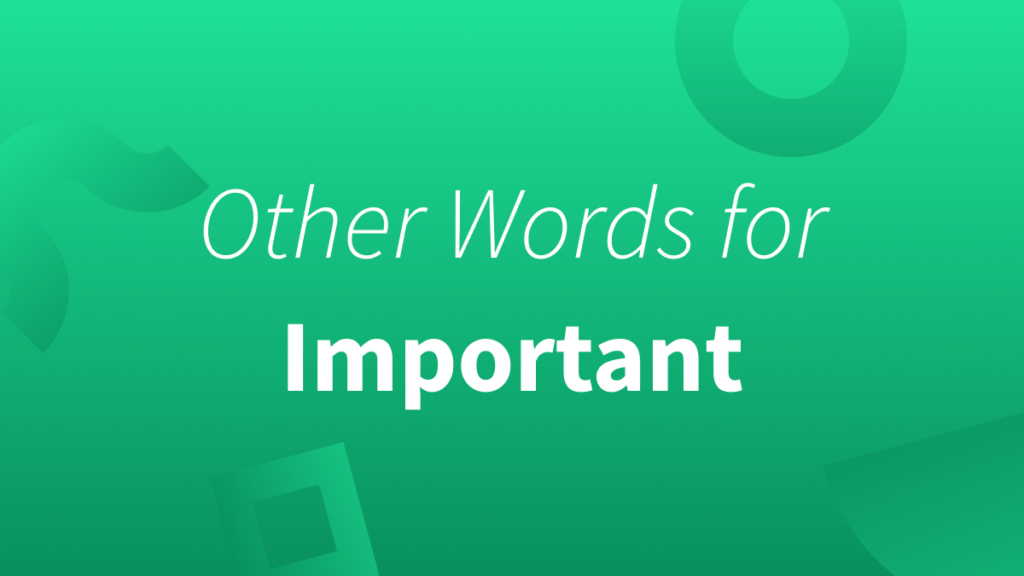
Here are some popular “things synonym” you can use in everyday writing or speaking:
- Stuff: A simple, casual word to use when talking about things in general.
- Items: Often used when referring to objects, especially when there are several of them.
- Objects: Used for physical things you can touch or see.
- Elements: Used when talking about parts or components of a larger whole.
- Material: Refers to substances or resources you need for a project.
Each of these words can replace “things” in a sentence. For example, “I have too much stuff to carry” sounds better than “I have too many things to carry.” The more synonyms you learn, the easier it will be to switch up your language and keep your writing interesting.
How to Choose the Right “things synonym” for Your Context
Choosing the right “things synonym” is important. You want to pick a word that matches the situation you’re writing about. For instance, if you’re talking about a group of objects, “items” or “objects” could work best. But if you’re referring to intangible things, like ideas or feelings, “concepts” or “elements” might be a better choice.
- If you’re discussing physical items: Use words like “objects” or “products.”
- If you’re talking about abstract ideas: Use “concepts” or “issues.”
- For casual use, like everyday conversation: “Stuff” or “things” is perfectly fine.
Understanding the context where you are using the word will help you decide which synonym will work best.
Common Mistakes When Using “things synonym” and How to Avoid Them
One of the most common mistakes when using “things synonym” is picking a word that doesn’t fit the tone or meaning of your sentence. For example, using “stuff” in a formal report sounds unprofessional. On the other hand, using a word like “material” in casual speech might sound too stiff.
To avoid these mistakes, think about the situation you’re writing for and who will read it. If you’re unsure about a synonym, stick with words that you already know. You can always check a thesaurus or dictionary for more options.
Top 10 “things synonym” for Essays and Schoolwork
When writing essays or school papers, it’s important to use precise language. Here are the top 10 “things synonym” you can use to sound smarter in your writing:
- Items
- Objects
- Elements
- Factors
- Components
- Aspects
- Pieces
- Concepts
- Materials
- Resources
Using these words instead of “things” will make your writing more specific and academic. For example, instead of saying, “There are many things that affect the environment,” try “There are many factors that affect the environment.”
Can “things synonym” Improve Your Storytelling? Here’s How!
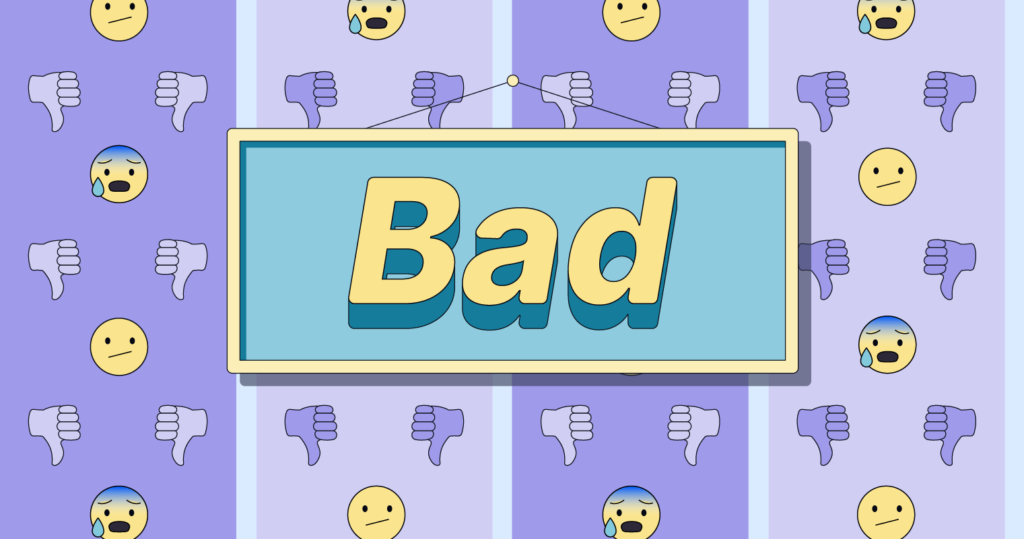
Yes, using “things synonym” can make your storytelling much more engaging! When you use the word “thing” over and over, your story can start to feel boring. Instead, choose specific words that paint a clearer picture for your readers.
For example, instead of saying, “She carried many things in her bag,” try something like, “She carried books, a notebook, and a pen in her bag.” This helps your reader visualize the scene better and adds more detail to the story. The more you practice using synonyms, the more creative your writing will become!
Conclusion
In conclusion, using a “things synonym” in your writing is a simple way to improve your language skills. Whether you’re writing an essay, a story, or just a casual note, learning to replace the word “things” with more specific synonyms can make your sentences clearer and more interesting. So next time you write, try using some of the synonyms we discussed in this post.
Remember, the key is to understand the meaning of each word and to choose the one that fits your sentence best. With a little practice, you’ll be able to use “things synonym” like a pro and make your writing stand out!
FAQs
Q: What is a synonym for “things”?
A: Some synonyms for “things” include “items,” “objects,” “stuff,” and “elements.”
Q: Can I use “stuff” as a synonym for “things”?
A: Yes, “stuff” is a casual synonym for “things” and is commonly used in everyday language.
Q: How do I choose the best synonym for “things”?
A: Consider the context of your writing and choose a word that matches the tone and meaning you want to convey.
Q: Is using synonyms for “things” important?
A: Yes, using synonyms helps make your writing more interesting and precise.
Q: Can “things synonym” improve my storytelling?
A: Absolutely! Using more specific words instead of “things” can make your story more vivid and engaging.

